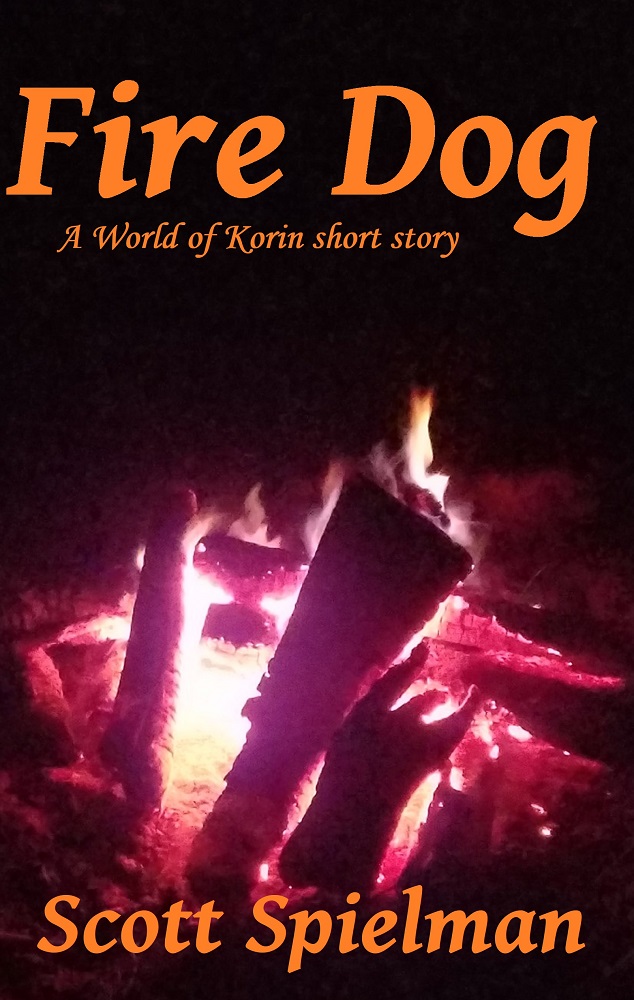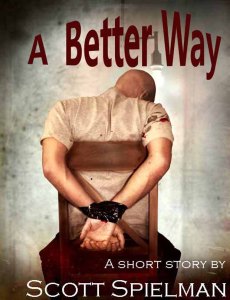As I’ve mentioned, I’ve been going through the Self-Mastery course taught by Peter Sage.
Again, it is more designed for those with an entrepreneurial spirit, business-minded folks that are tired of living in the proverbial rat race and want to find more individual success. It is not a writing course or writing advice in any way, but I figured I would try it out during a time of career transition. Besides, in the end, writers are entrepreneurs, they are their own businesses—specifically if you choose the independent author route.
One particular phrase that keeps coming up through his lessons—which are essentially monetized versions of interviews he’s given throughout the years—is GOOP: the Good Opinions of Other People. Most people spend so much time either swimming in, drowning in, or seeking out the GOOP that they lose their authentic selves, he says.
I don’t know. I can understand his point, but I see the other side of it, too. Through a prolonged—and, let me tell you, I mean prolonged—job search, I am somewhat dependent on the GOOP, at least in the short term. As writers, we are somewhat, too. We need someone to have a good opinion of our work to pick it up, to publish it, to buy it. At the very least, we need more people to have a good opinion of our work than a negative one. The better it is, the more likely others are to share it, which will lead to more and more success—and more GOOP to keep you afloat when negative criticism comes your way.
I think the GOOP is something you should strive for, but not worry about. That criticism will come, no matter how polished your work is. It is impossible to be universally liked and if you strive for that, I think you will lose that important part of your work that only you can provide.
For example, at least half of my stories will be grounded in reality: they take place in a fictionalized version of the community where I bought my first house, where I lived, drank and worked as a reporter and editor of the small town of Wayne, MI. Many of the characters are based—loosely, of course, on real people. The stories have some relation to headlines I read or wrote. Usually, they’re just a starting point followed by: “What if.” There’s also a lot of interaction with the police department. Naturally, it’s not all flattering. I could strive to make everyone happy, but what good is a story filled with heroes?
You have to let that go. You have to learn it’s okay not to be liked. Until you get to that level, you won’t be that authentic and that is what we should all push for, no matter what our goals in life might be.

 2023 has been a difficult year for me and, in some ways, I have lost my sense of direction and identity.
2023 has been a difficult year for me and, in some ways, I have lost my sense of direction and identity. 
